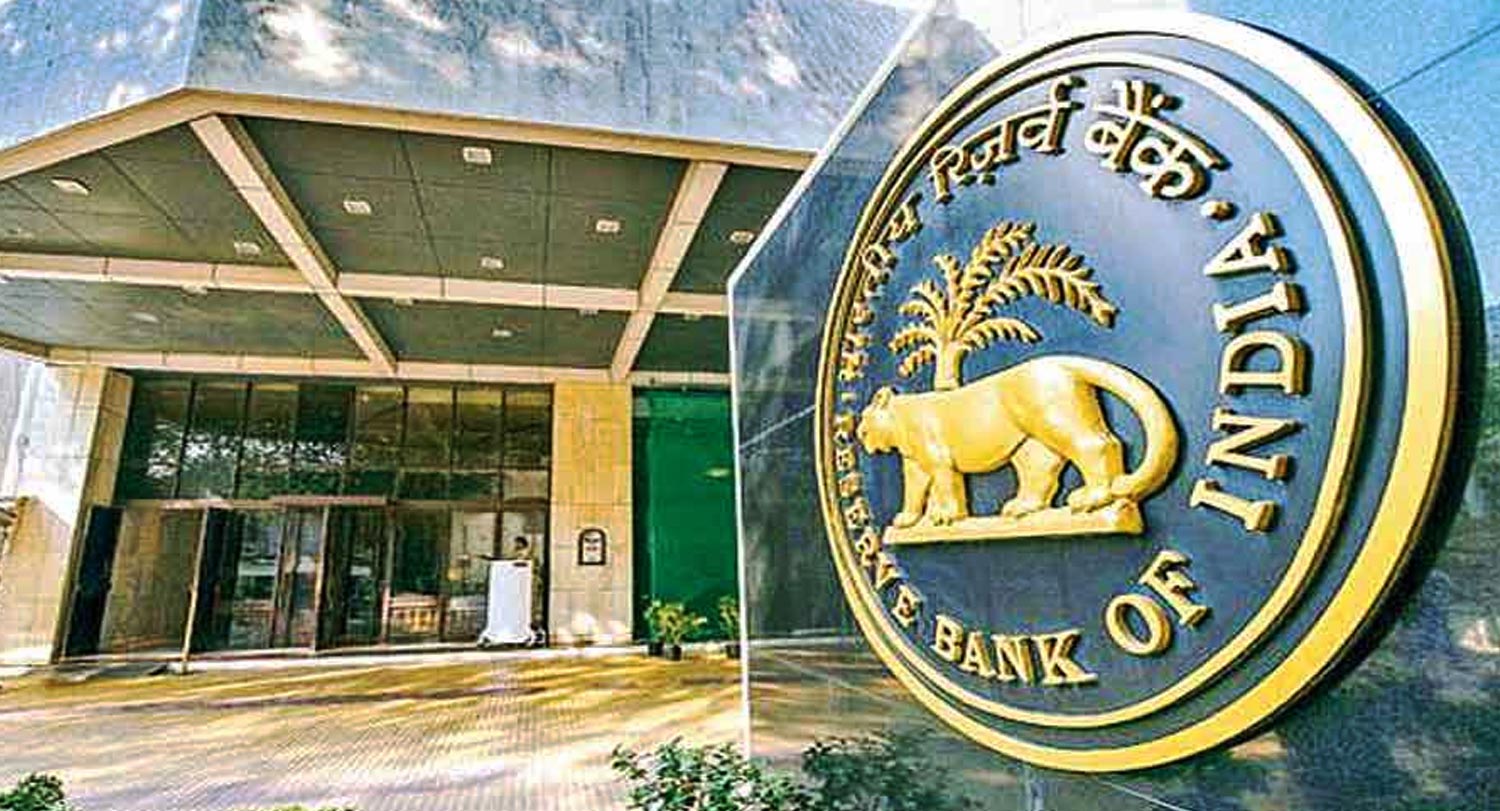

MUMBAI: India’s central bank left interest rates unchanged Friday after judging inflation risks to outweighed concerns over a growth slowdown in the world’s fifth-largest economy.
The Reserve Bank of India said the benchmark repo rate, the level at which it lends to commercial banks, would stay at 6.50 percent, where it has been since February 2023.
Major central banks around the world have kicked off a global easing cycle in response to lower inflation — including the US Federal Reserve, which in September cut rates for the first time in four years.
Retail inflation has stubbornly remained above monetary policymakers’ four percent target, reaching a 14-month high of 6.21 percent in October.
RBI governor Shatikanta Das said the bank’s monetary policy committee had taken note of the “recent slowdown in the growth momentum” but judged India’s outlook to be “resilient”.
“The increasing incidence of adverse weather events, heightened geopolitical uncertainties and financial market volatility pose upside risks to inflation,” Das said.
The RBI did cut its minimum cash reserve ratio for lenders to deposit with the central bank from 4.5 to four percent.
A lower cash reserve ratio is a liquidity-boosting measure as it gives banks more money on hand to lend.
The central bank’s decision to hold interest rates steady comes despite signs of a slowdown in economic growth.
India’s GDP growth came in at 5.4 percent in the September quarter, hurt by a sluggish manufacturing sector and muted urban consumption.
While the data still placed India among the world’s fastest-growing major economies, it was the slowest pace of growth in seven quarters and lower than analyst expectations of 6.5 percent.
The central bank now projects growth to taper to 6.6 percent for the current fiscal year to March 31, down from an earlier estimate of 7.2 percent.
The RBI hiked rates by 2.5 percentage points between May 2022 and February 2023.
—